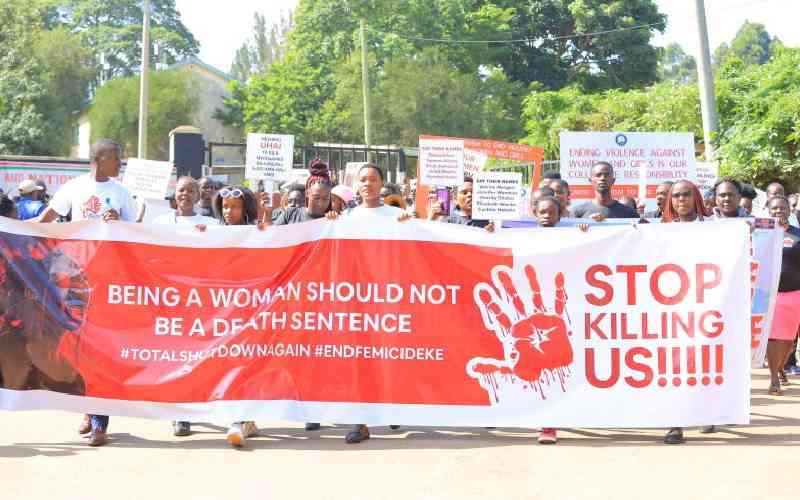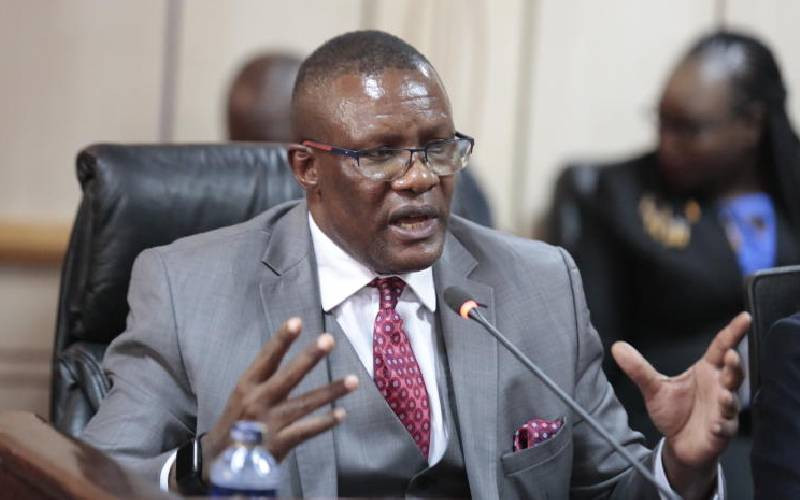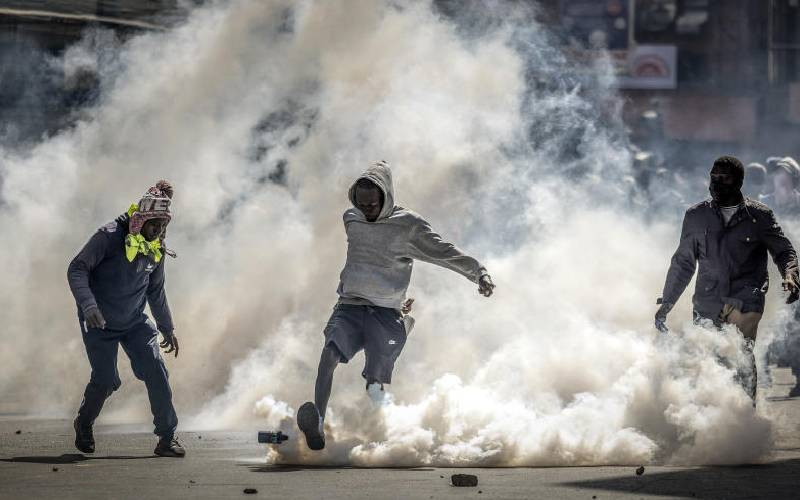
Each year, millions of women and children globally die from preventable causes.
Maternal, newborn and child health (MNCH) is a shared global priority, yet we often overlook one of its most pressing and preventable barriers: violence against women.
As we recently marked the 16 Days of Activism Against Gender-Based Violence, we are reminded that gender-based violence (GBV) is not just a social issue but a critical health crisis that endangers the lives of mothers and children.
When we consider that a woman experiencing violence is 1.5 times more likely to have a low-birth-weight baby and that this condition greatly increases infant mortality, the need for urgent, integrated action becomes starkly clear. Addressing violence is not peripheral to MNCH efforts—it is foundational. Evidence shows that intimate partner violence (IPV) directly affects maternal and infant outcomes. Pregnant women subjected to IPV face a heightened risk of complications like preterm labour and hemorrhage,
The problem doesn’t end with pregnancy: children born to mothers experiencing violence have a higher likelihood of malnutrition, stunting, and developmental delays, perpetuating a cycle of vulnerability. The psychological toll is just as concerning. Women subjected to violence are more prone to depression and anxiety, both of which affect maternal health-seeking behaviour. Depressed mothers are less likely to access antenatal care and postnatal services, further endangering the lives of their infants. In turn, these mental health impacts lead to cascading health and social risks for women and their families, affecting entire communities.
It’s estimated that more than 500 women and girls die every day from preventable complications related to pregnancy and childbirth in humanitarian settings, underscoring an urgent need for an integrated approach to MNCH and GBV response. These statistics are more than numbers—they represent the lives of mothers, daughters, and children who deserve health, safety and dignity. It’s not only patients who suffer. Female health workers, the backbone of MNCH services worldwide, are often at grave risk. In fragile and conflict-affected settings, women health workers face high rates of violence, including harassment and physical assault. Research suggests that up to 80 percent of healthcare workers in these settings report experiencing violence, a statistic that directly impacts their ability to provide care.
As we look to the future, it’s time to broaden our understanding of what it means to support maternal and child health. Policies that address violence against women and protect female health workers must become a central pillar of MNCH efforts.
This calls for a multi-pronged approach by one, prioritising funding for integrated MNCH and GBV services. Donors and governments should increase funding for programmes that integrate maternal health services with GBV prevention and response, particularly in crisis-prone areas.
- GBV cases still rampant among PWDs
Keep Reading
Two is strengthen health systems in humanitarian settings. We must scale up support for safe, trauma-informed healthcare in conflict zones, ensuring women and children have access to life-saving care without threat of further violence.
Thirdly is protect and support women health Workers. Policies that safeguard the well-being of women health workers are essential. Measures like workplace protections, mental health support and security protocols can help mitigate the impacts of violence and ensure that healthcare workers can provide essential services safely.
The costs of inaction are too high. Each preventable death of a mother or child as a result of violence marks a failure to uphold the rights to health and safety for all.
By placing violence against women at the forefront of our MNCH efforts, we can break the cycle of suffering.
-Executive Director, Partnership for Maternal, Newborn Child Health
 The Standard Group Plc is a multi-media organization with investments in media platforms spanning newspaper print
operations, television, radio broadcasting, digital and online services. The Standard Group is recognized as a
leading multi-media house in Kenya with a key influence in matters of national and international interest.
The Standard Group Plc is a multi-media organization with investments in media platforms spanning newspaper print
operations, television, radio broadcasting, digital and online services. The Standard Group is recognized as a
leading multi-media house in Kenya with a key influence in matters of national and international interest.











